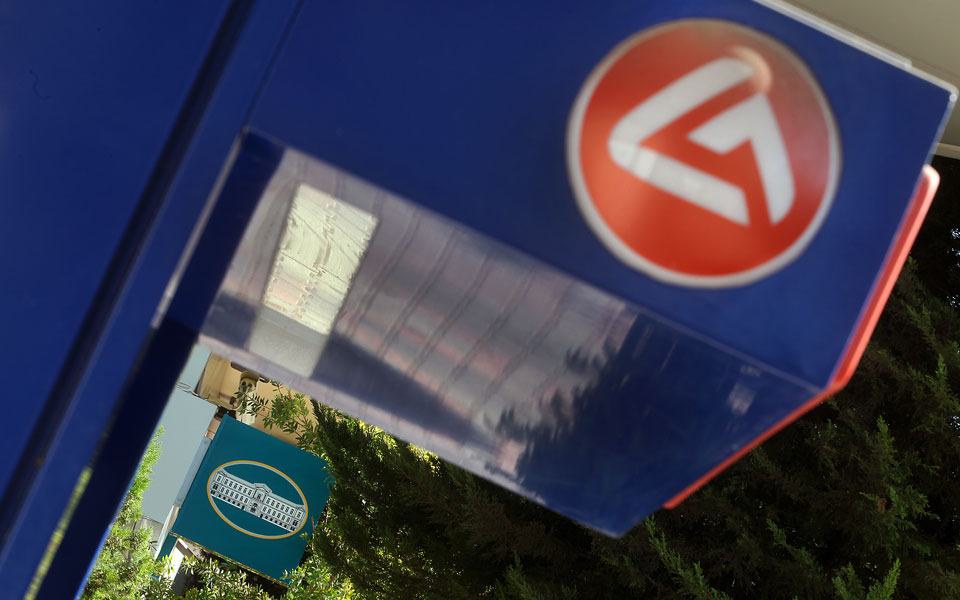Strategic defaulters sitting on 10 bln euros

Twenty-one percent of all nonperforming loans in Greek banks’ portfolios, worth more than 10 billion euros, concern borrowers who will not pay their dues despite being able to in anticipation of some form of favorable arrangement.
Bank officials estimate that the bulk of these strategic defaulters are household debtors, as out of a sum of 20 billion euros in residential mortgage NPLs, 30 percent (6 billion) concerns borrowers who have seen the crisis as an opportunity and are refusing to pay their dues – even though they can. The NPLs in corporate credit total 28.9 billion euros, of which an estimated 15 percent (4.3 billion) concerns strategic defaulters.
The predominance of household strategic defaulters is attributed to the systematic encouragement by the “I Won’t Pay” movement in previous years and the political exploitation of the issue through promises extending to “Seisachtheia” (the Ancient Greek term for debt forgiveness) and across-the-board debt writeoffs.
According to banks, the law introduced by former economy minister Louka Katseli shook the very groundwork of the local credit system as it not only sanctioned unlawful behavior but also created an army of strategic defaulters. In 2010 the government enacted a law which lacked the clear criteria that would rapidly determine whether a borrower had a serious problem or was just trying to take advantage of the crisis. Therefore there are more than 150,000 applications from individuals hoping to reap the benefits of the Katseli law that remain pending in courts today, and some will not be heard before 2032.
However, even in the business sector there exists the paradox of very wealthy entrepreneurs who control overindebted enterprises. There are strong indications that in some cases loans were taken out for business purposes but were then transferred to personal accounts in banks abroad.
Although expectations of debt forgiveness or widespread haircuts have waned, the emboldened mentality that it is somehow right not to pay one’s dues remains strong, as in the case of the blocking of home auctions. Furthermore, the delay in the definition of the legal framework allows for debt writeoff hopes: Bank officials say the steep rise in NPLs in January was partly due to expectations that out-of-court debt settlements would be introduced.





